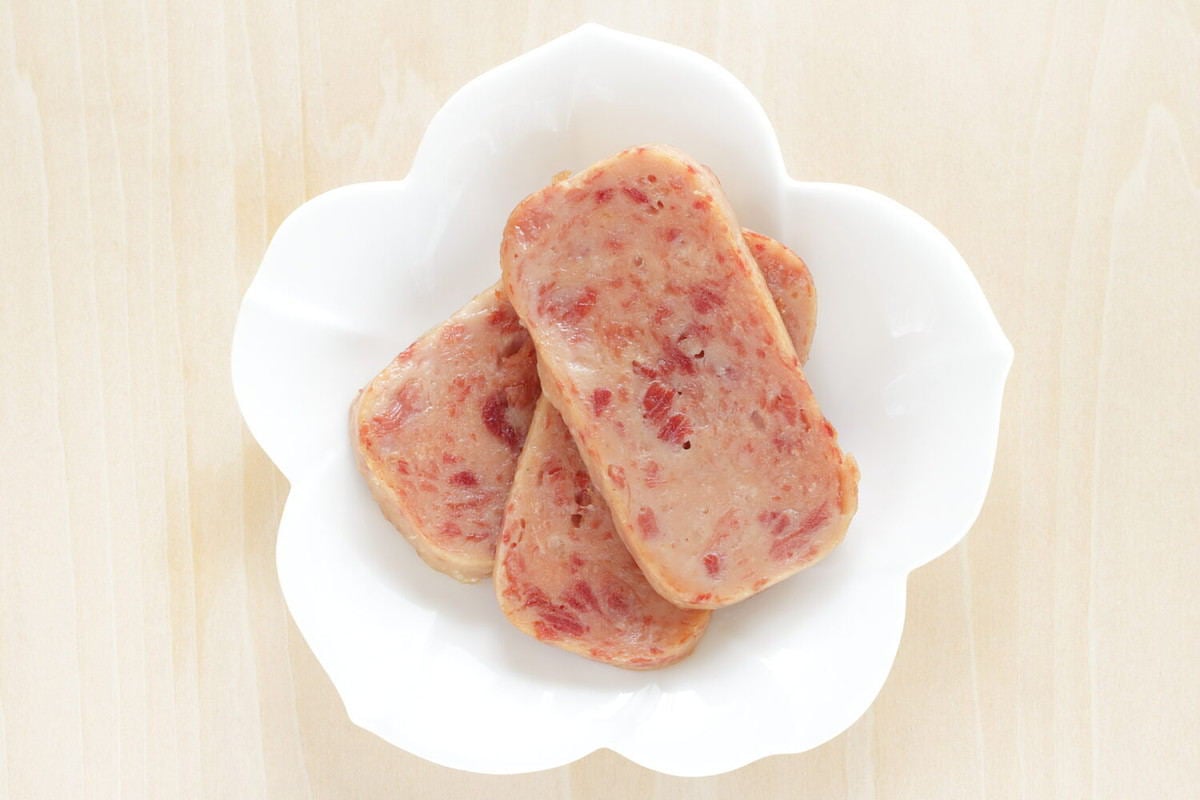Spam is a processed meat made of pork and ham that is mixed together with added seasonings and preservatives. It is sold worldwide and has become a household staple for some because of its easy preparation, convenience, and long shelf life. While some love it, others are uninterested, as it has been nicknamed a “mystery meat.” Spam is not a healthy food option and offers minimal health benefits. Let's take a deeper look at the nutritional value of spam and why it's not good for you.

©jreika/Shutterstock.com
Nutritional Value
Spam is high in calories, fat, and sodium. A two-ounce serving contains 174 calories, 15 grams of fat, and 32% of the daily sodium intake. Although these components make spam unhealthy, it does offer some micronutrients like potassium, copper, iron, and zinc.
Health Risks
Any meat that is highly processed is going to be a health risk. Canned, smoked, dried, or cured meat is considered processed. This is done to enhance texture and taste and increase its shelf life. Processed meats have been linked to many health risks and conditions, including heart diseases, diabetes, cancers, and chronic obstructive pulmonary disease.
Spam's high sodium content is another cause for concern. A two-ounce serving is about a third of the recommended daily amount. If you are concerned with blood pressure, keeping an eye on sodium intake is very important. Studies have shown that decreasing sodium will also lower blood pressure. Increased sodium can affect blood flow and cause swelling and bloating. A study with 268,000 people also showed that increased sodium intake led to a higher risk of stomach cancer.
Because spam is very high in fat, it can quickly add to your daily calorie count. It is not lean meat and has 15 grams of fat in a two-ounce serving. An increased amount of fat intake can lead to weight gain and heart disease.

©jreika/Shutterstock.com
Summary
Spam is not a healthy food option. Although it can be convenient due to how easily it's prepared and its shelf life, it can be detrimental to your health if you eat large amounts regularly. It is high in calories, fat, and sodium while also not providing enough nutrients and vitamins. If you're looking for an alternative to spam, consider other meats for healthier protein options.
The image featured at the top of this post is ©jreika/Shutterstock.com.

